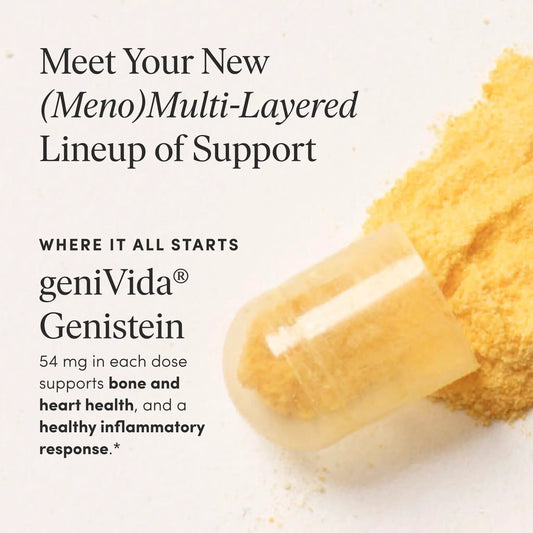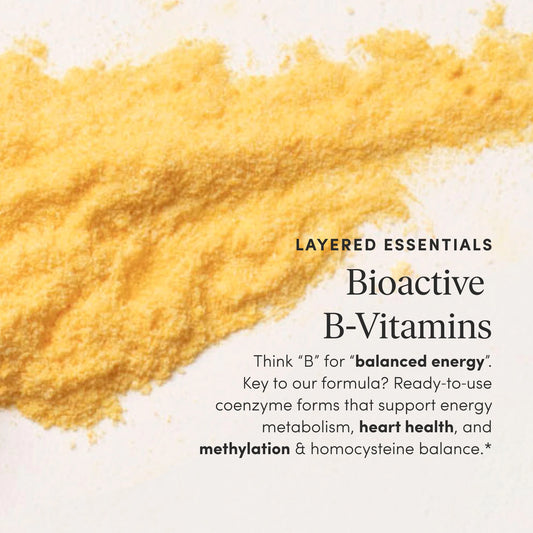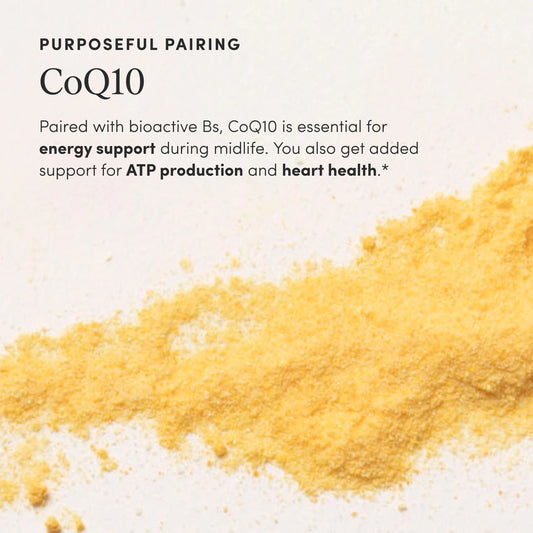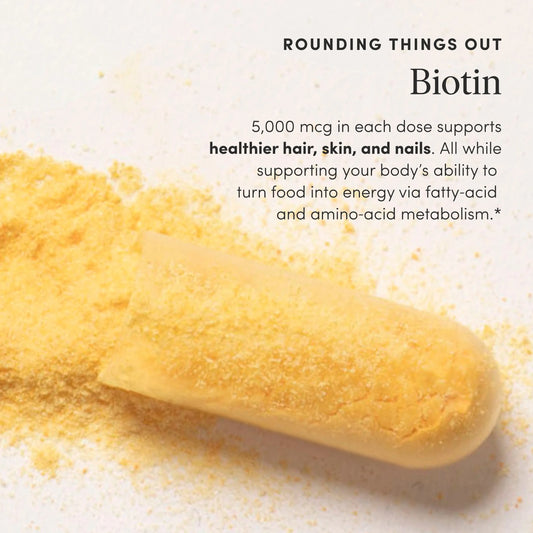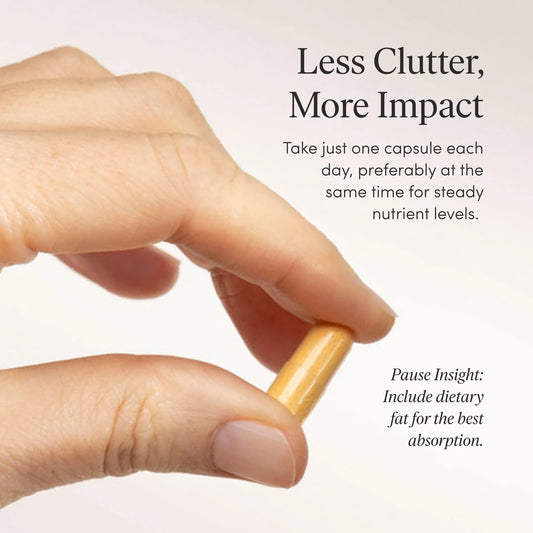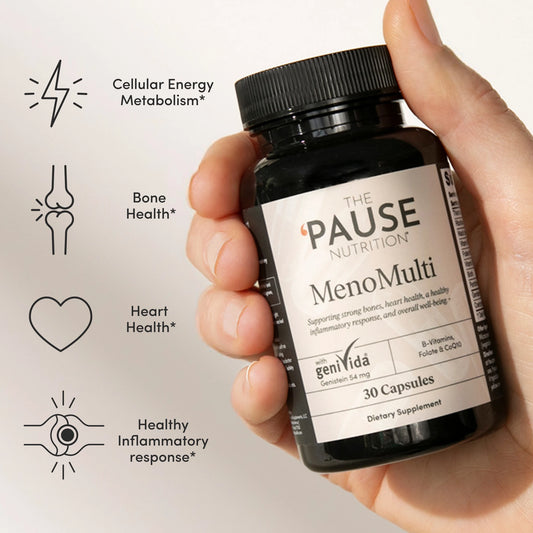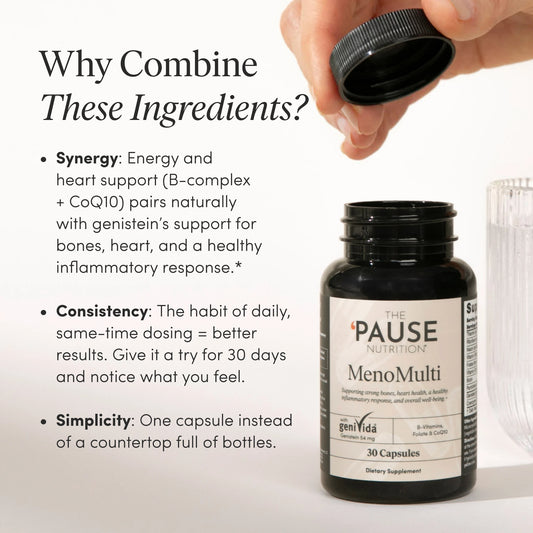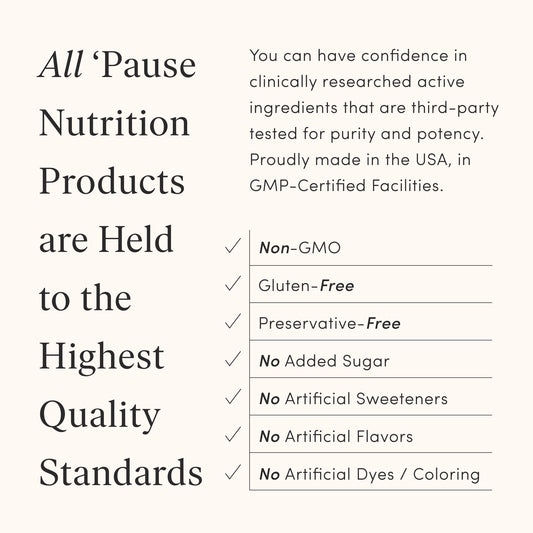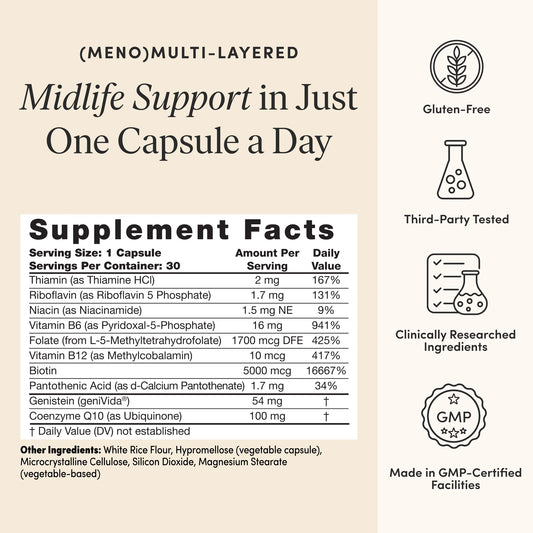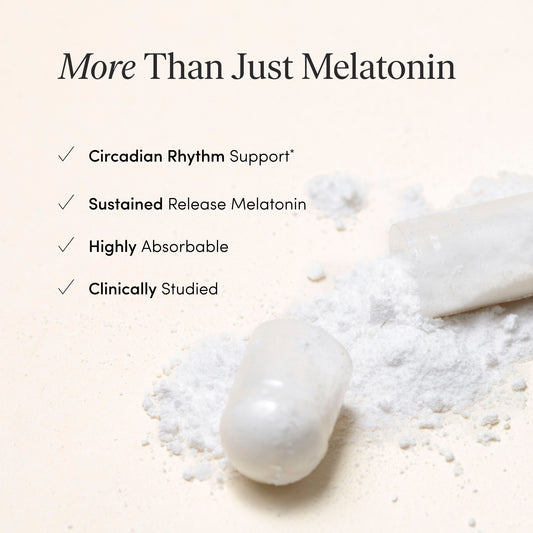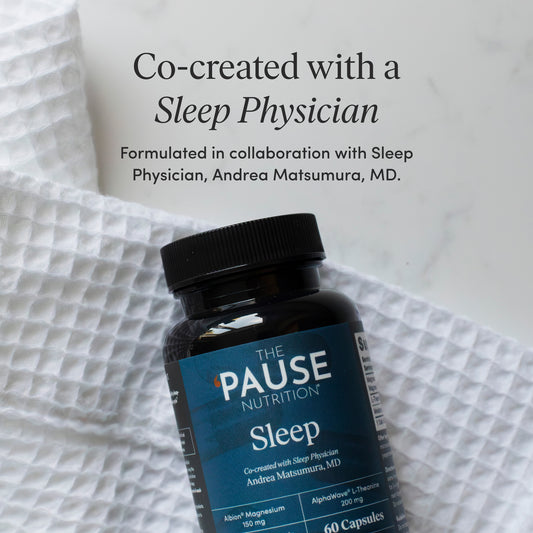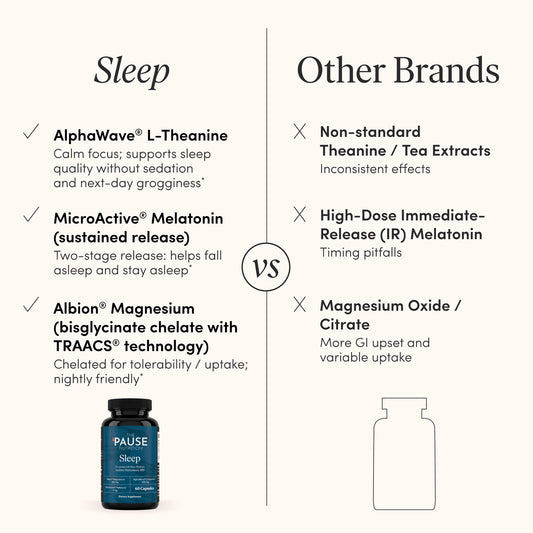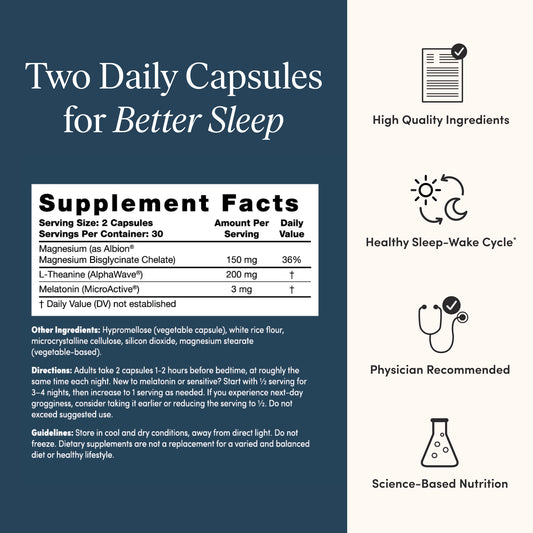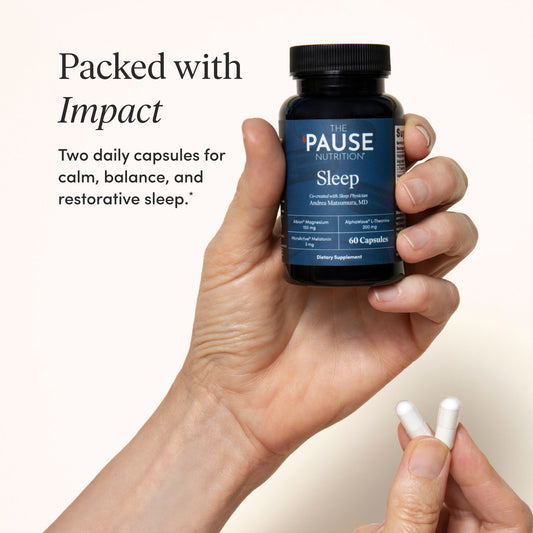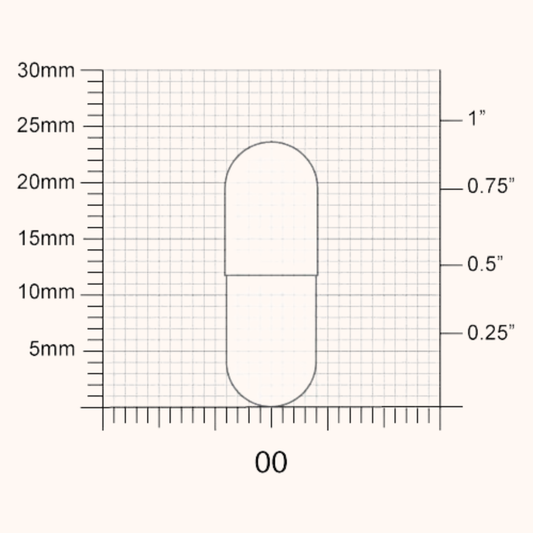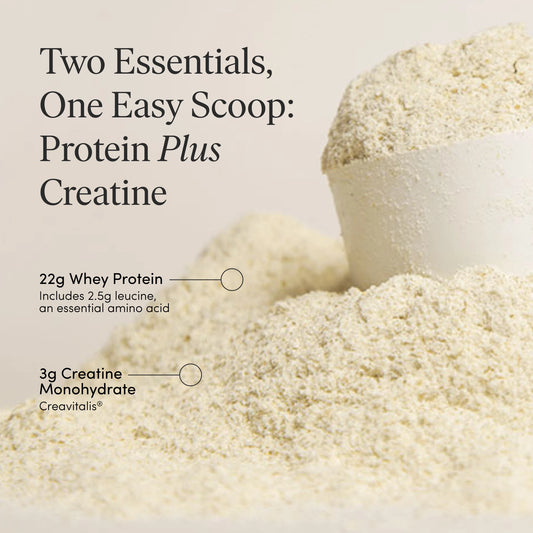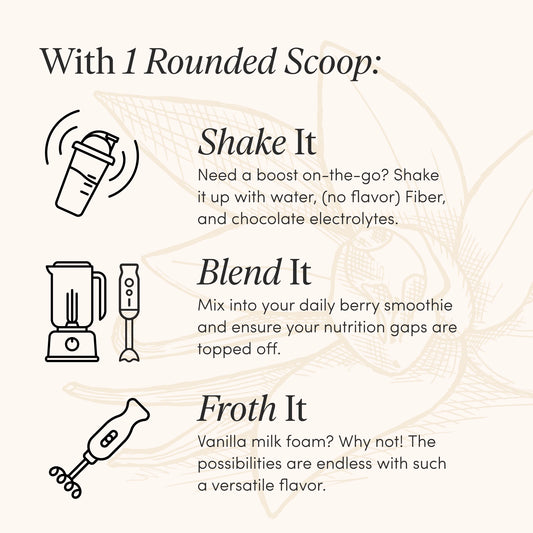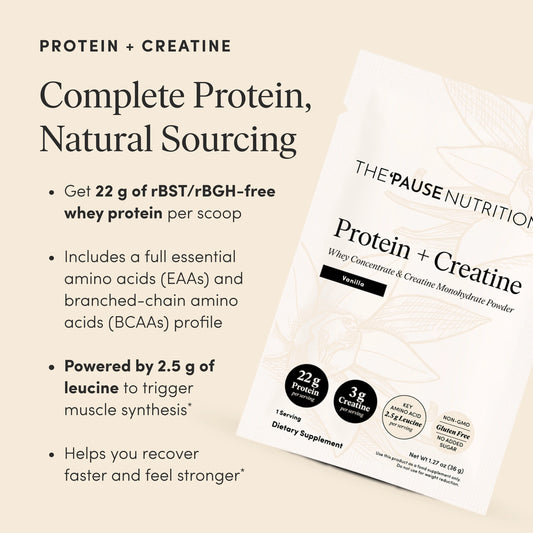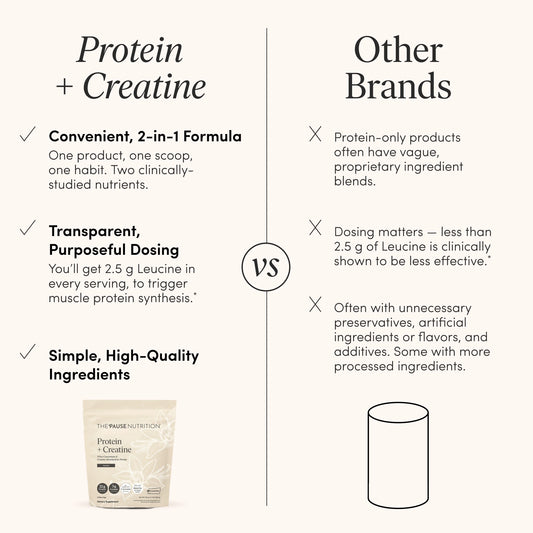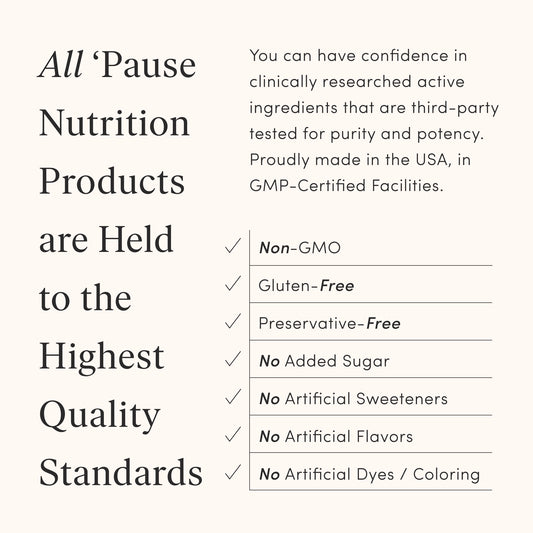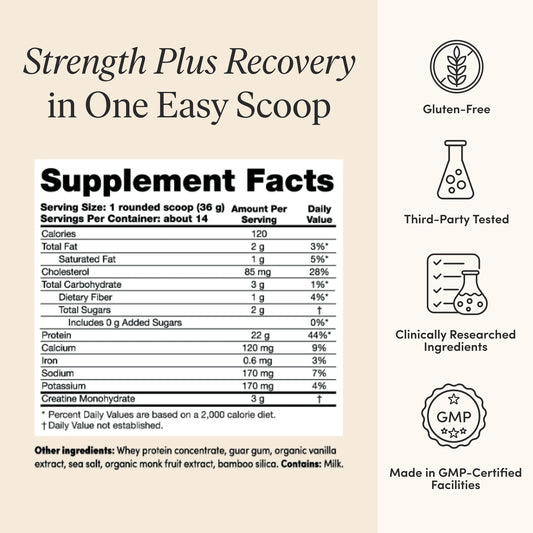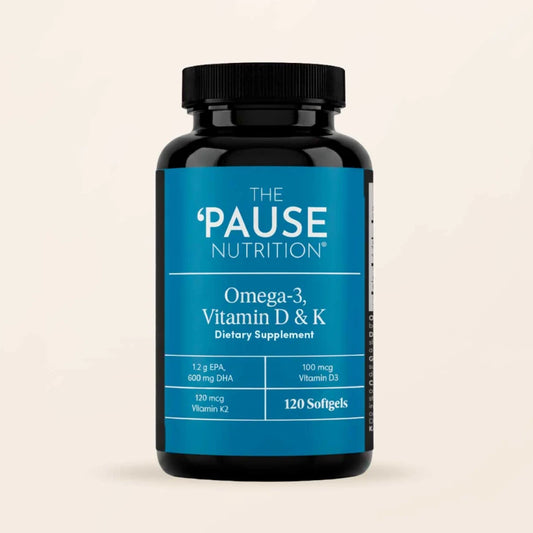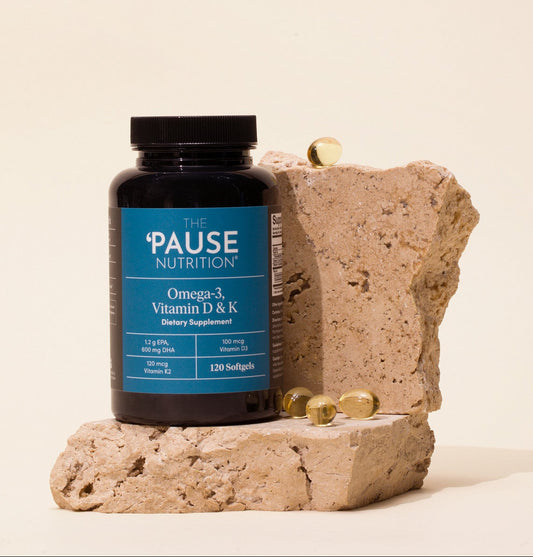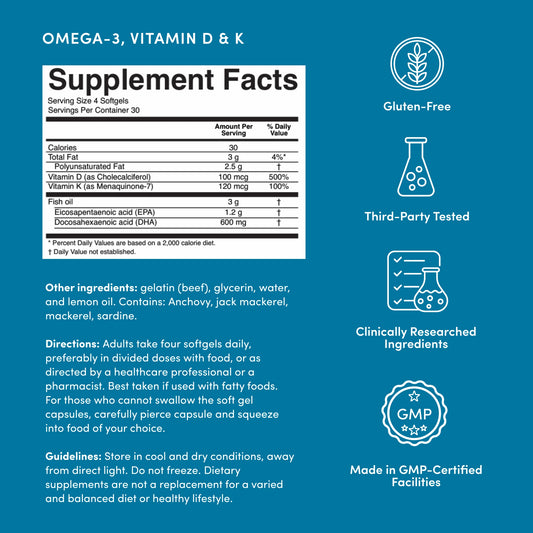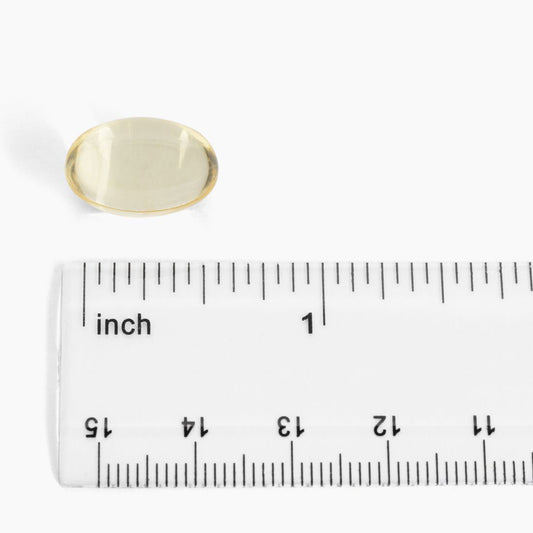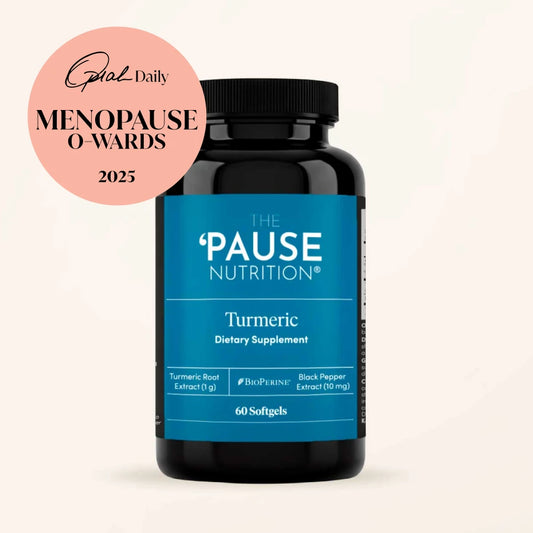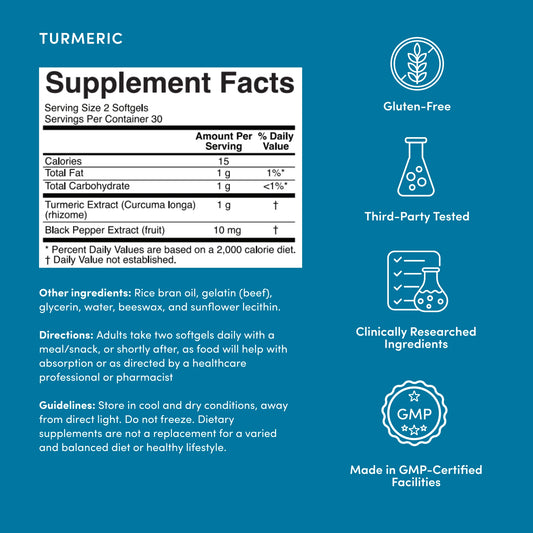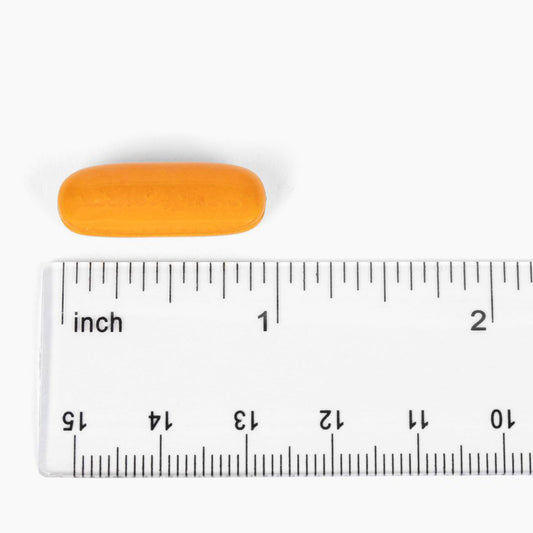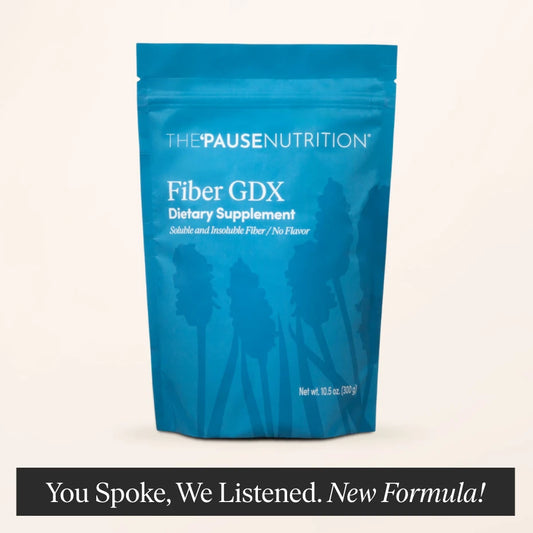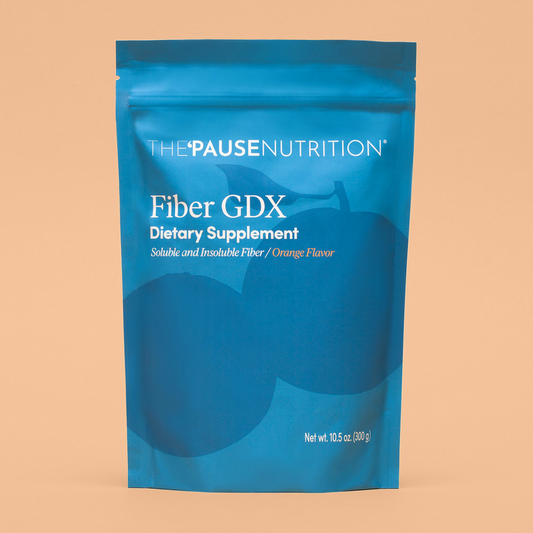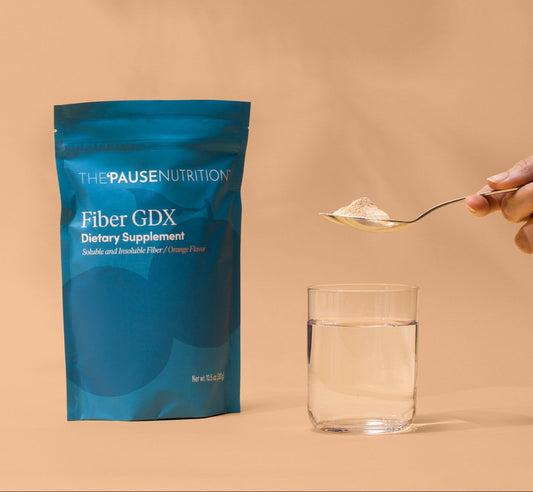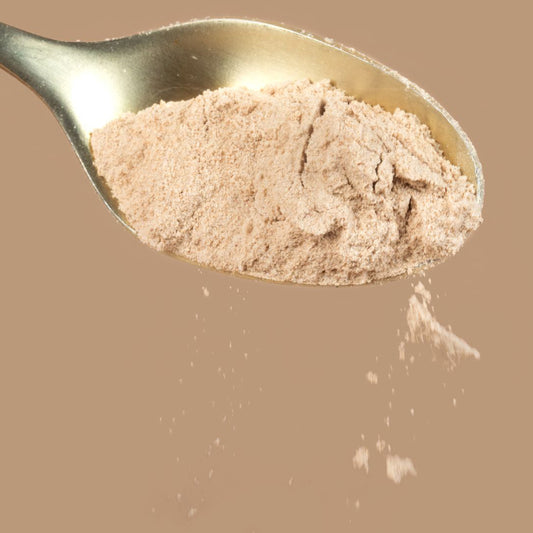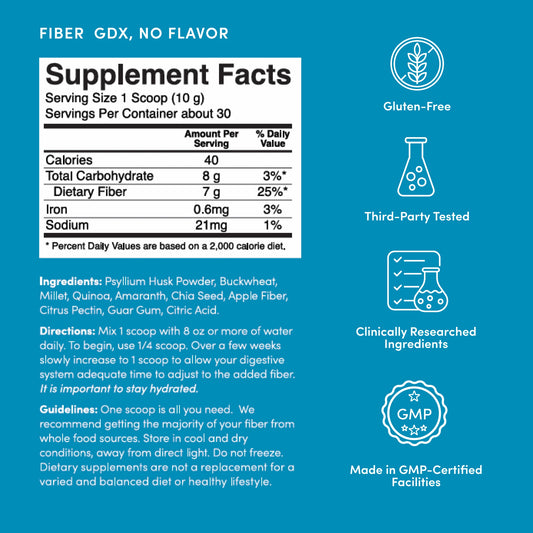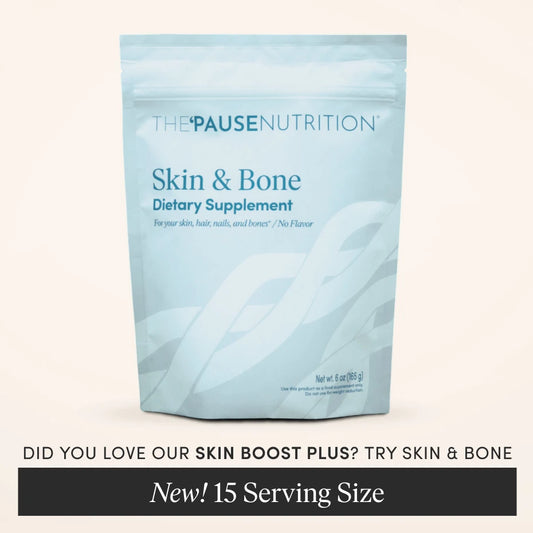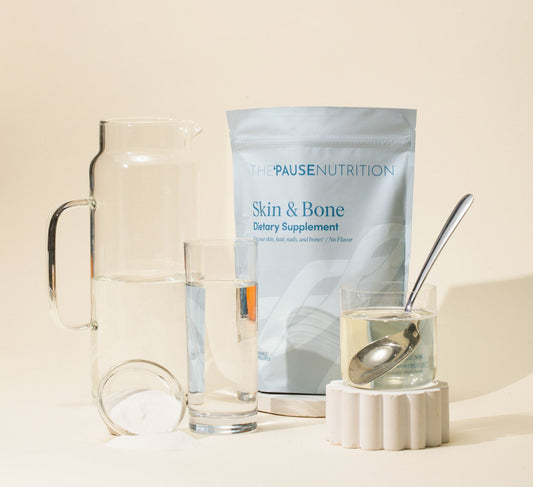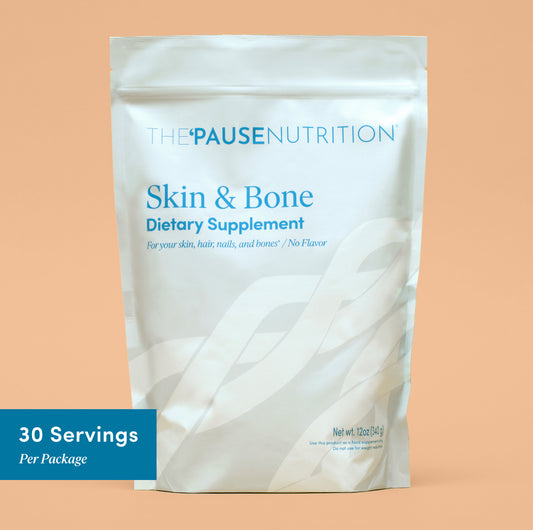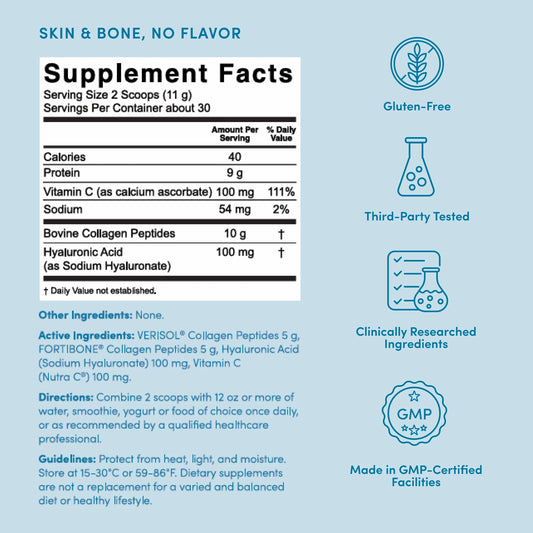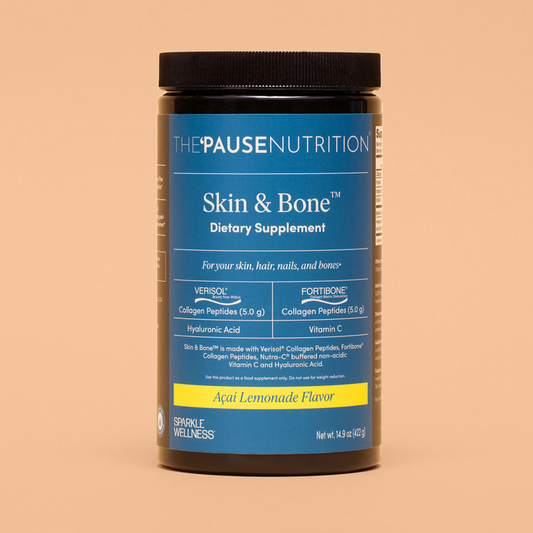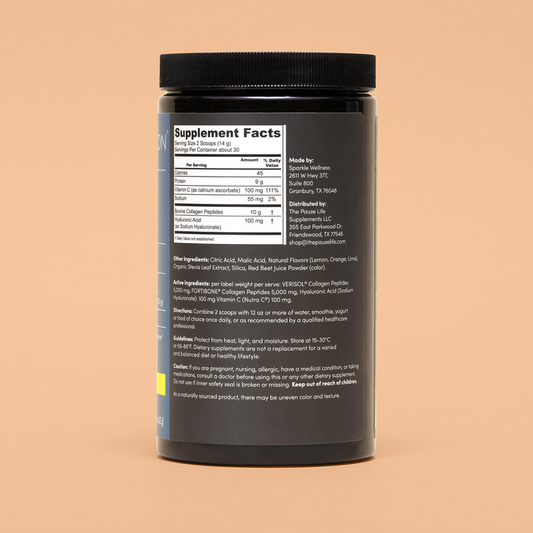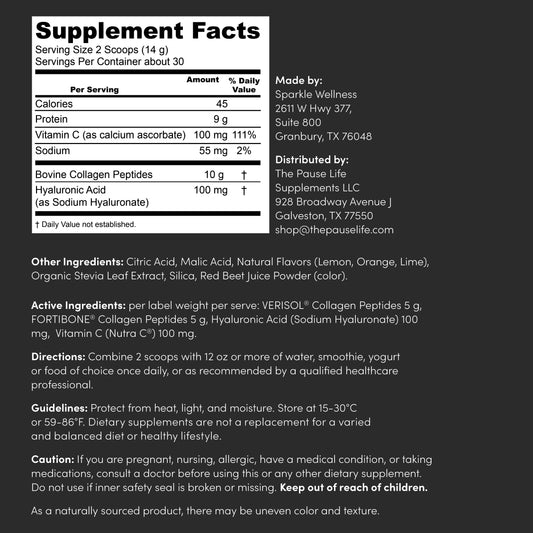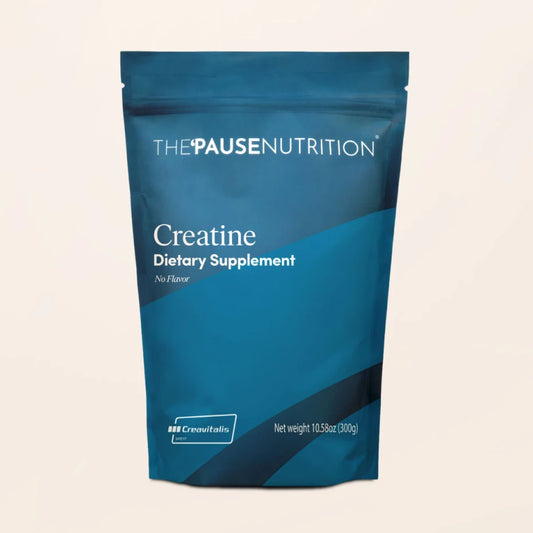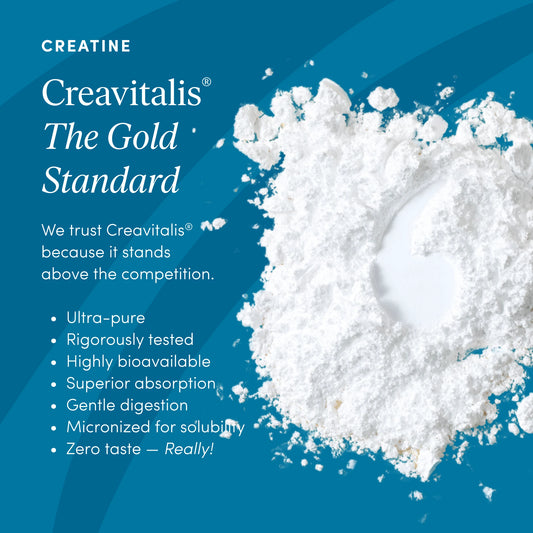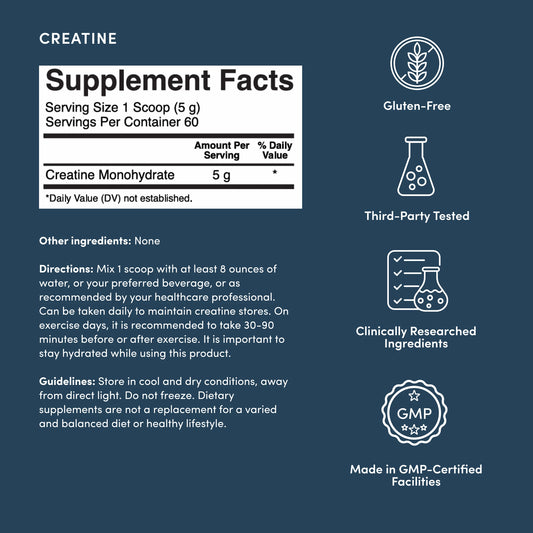Hot Flashes, Hot Summer

Share
With the Summer upon us, we will be experiencing some of the hottest weather of the year. If you are one of the 75% of menopausal women who experience hot flashes, you can identify with what Sue Monk Kidd wrote about Summer heat because hot flashes can make you feel like your only option is to “just lay there and sizzle.”
How Can You Beat Both Summer Heat And Hot Flashes?
Hydrate
Drink water and other hydrating beverages like herbal ice tea and fruit-infused sparkling water. Avoid dehydrating beverages containing alcohol, caffeine, and sugar. How does hydration help with hot flashes? Hot flashes can dehydrate you, and dehydration can stress the nervous system, leading to more hot flashes and night sweats. If you like a cup of coffee or tea in the morning, try to start with a large glass of water with lemon and hydrate first.
Practice Mindfulness, Meditation, Yoga
The hot weather and hot flashes can lead to additional stress. By adding one or more of these practices to your daily routine, you can learn to recognize and better control your body’s response to stress.
Eat To Beat The Heat
No one wants to turn on the oven on a hot day, right? And you also don’t want to eat foods that are going to contribute to the frequency and intensity of your hot flashes, right? Do yourself a favor and eat to beat the heat by incorporating the following types of food into your Summer diet:
Omega 3 Fatty Acids
Foods Rich in Omega-3 Fatty Acids, including salmon, tuna, walnuts, and flax, can decrease the severity and frequency of hot flashes.*
Vitamin E
Foods rich in Vitamin E, including leafy greens, pumpkin, sunflower seeds, almonds, and red bell pepper, can help reduce hot flashes. Vitamin E is also a powerful antioxidant and is thought to help repair cells in our bodies.*
Soy
Foods rich in soy like tofu and edamame contain phytoestrogens which can help abate hot flashes in some women. As a bonus, soy also contains protein, fiber, and healthy fats.*
Fruits And Veggies
A menopausal woman who has a diet rich in fruits and veggies will have a lower incidence of hot flashes – she also has less belly fat and weight gain associated with menopause. Conversely, women who have diets high in added sugars have an increased incidence of hot flashes.
Commit to making self-care a priority now that you know that there are ways to reduce the impact that hot flashes have on your sleep, energy levels, and overall mood. By following these tips and using the tools I recommend in the Menopause Toolkit, you should enjoy the end of summer as cool as a cucumber!














